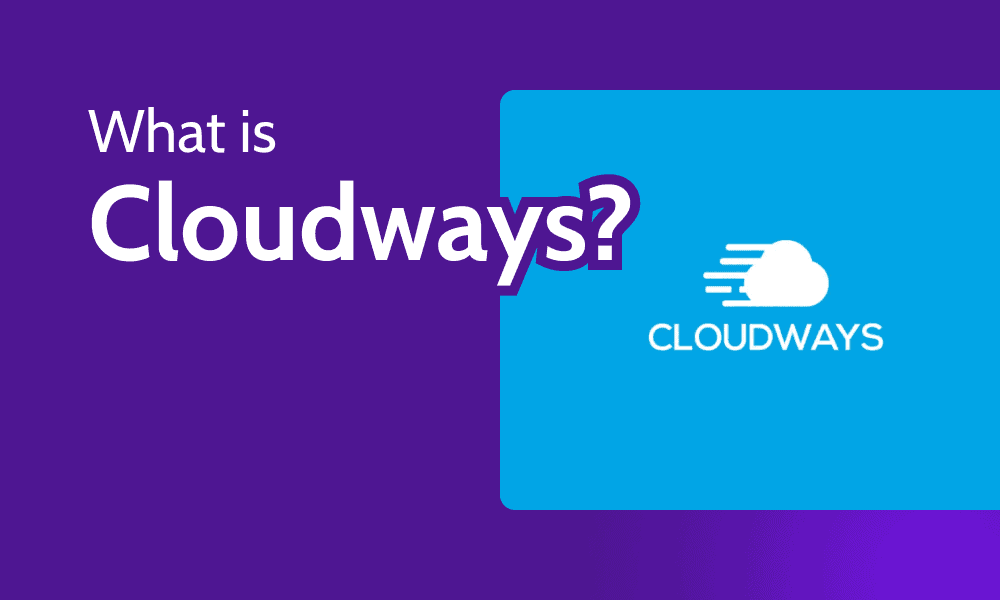As Amazon prepares for millions of shoppers to bombard its online marketplace for Prime Day, the retailer also wants to ensure that no one gets scammed in the process. This week, Amazon began sending emails to Prime members warning them to be on the lookout for fake messages masquerading as official correspondences from the retailer.
“We’ve recently noticed an increase in customers reporting fake emails about Amazon Prime membership subscriptions,” the email warned. “We want to help you stay protected by sharing important information about these scams.”
Amazon says that scammers have been sending out emails to warn potential victims that their subscriptions are set to renew at a higher price than expected. The scammers will often include legitimate personal information obtained from leaks and hacks in order to make the email seem real. Remember, even if your name is present, it does not mean the email is from Amazon. The fake emails also occasionally feature a “cancel subscription” button. If you click it, you’ll then be forwarded to a fake login site the scammers can use to steal your credentials.
What to do if you receive a fake Amazon email
Most importantly, if you receive an email that looks anything like the ones described above, don’t click anything within. A single click could put you on the path to having your Amazon account and even your bank account stolen by scammers.
The best course of action is to delete the email without opening it. If the information in the email was accurate, you could simply check your Amazon account to be sure.
To that point, Amazon notes that if you want to check the status of your Prime subscription and ensure that it isn’t about to renew at a higher price, you can follow these steps:
- Open the Amazon mobile app or go directly to Amazon.com.
- Select “Prime” from the main menu to view your membership status, renewal dates, and plan details.
Amazon also points out that all legitimate messages from the retailer will always appears in the Message Center under “Your Account.”
Considering how common scams like these have become, it’s encouraging to see Amazon take the initiative to keep customers on their toes. Hopefully, any such emails have been banished to your spam folder, but they do sneak through to the inbox on occasion.










